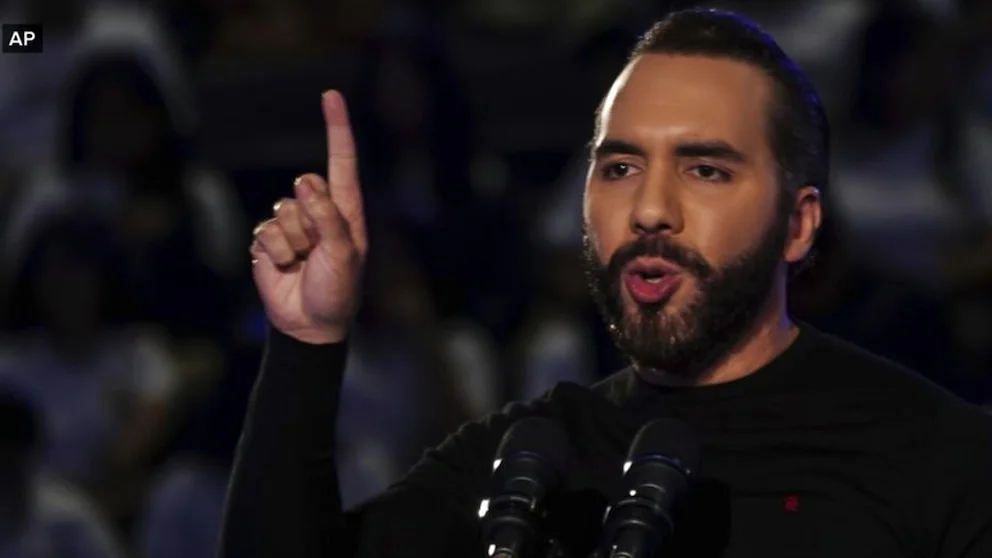
Trump And Bukele Forge Controversial Deportation Alliance Amid Human Rights Concerns
US President Donald Trump is set to welcome El Salvador’s President Nayib Bukele at the White House on Monday in a high-stakes meeting that underscores both countries’ deepening cooperation on immigration enforcement. As Washington faces mounting backlash over its aggressive removals of immigrants, this alliance is drawing intense scrutiny from legal experts, civil rights advocates, and the international community.
The focal point of the meeting is the Trump administration’s contentious deportation program, which has seen a sharp uptick in the transfer of alleged gang members from US soil to El Salvador’s notorious maximum-security prisons. Among those deported are not only Salvadorans but also Venezuelans accused of belonging to the dreaded Tren de Aragua group. The program, facing multiple legal challenges domestically, is justified by the White House under the rarely applied 1798 Alien Enemies Act—legislation that permits deportation of nationals from countries deemed hostile during periods of conflict.
President Trump has been vocal in his praise of Bukele’s government. "President Bukele has graciously accepted into his Nation’s custody some of the most violent alien enemies of the World... They will never threaten or menace our Citizens again!" Trump proclaimed on his Truth Social platform. This public endorsement highlights the administration’s prioritization of collaborative security over individual due process concerns.
US Secretary of State Marco Rubio weighed in, confirming on Sunday that 10 more alleged members of MS-13 and Tren de Aragua had been flown to El Salvador. "Last night, another 10 criminals from the MS-13 and Tren de Aragua Foreign Terrorist Organizations arrived in El Salvador," Rubio announced on X, hailing the Trump-Bukele partnership as "an example of effective hemispheric cooperation." Yet, critics argue that this rapid-fire approach risks sacrificing justice at the altar of security.
Indeed, lawyers and detained individuals’ families challenge the government’s claim that everyone deported was involved in gang activities. Many detainees, they say, had no meaningful opportunity to contest the accusations in court. Civil rights groups warn that branding immigrants as gang members without ensuring judicial oversight undermines fundamental due process protections guaranteed under US law.
The issue has come to a head in the case of Kilmar Abrego Garcia, a Maryland man. After being mistakenly deported last month, he remains confined in an El Salvador prison. While the US Supreme Court recently ruled that he must be repatriated, the Trump administration has yet to clarify what steps it is taking to bring him back or address potential failures in the oversight process. His case is expected to be a heated topic during Bukele’s discussions in Washington.
As the dialogue between two controversial leaders continues, questions abound: Can this alliance balance hemispheric security interests with the rights of vulnerable immigrants? Or does it signal a troubling shift in America’s due process standards? Readers are encouraged to share their opinions on the future of immigration enforcement and US–Central American relations below.